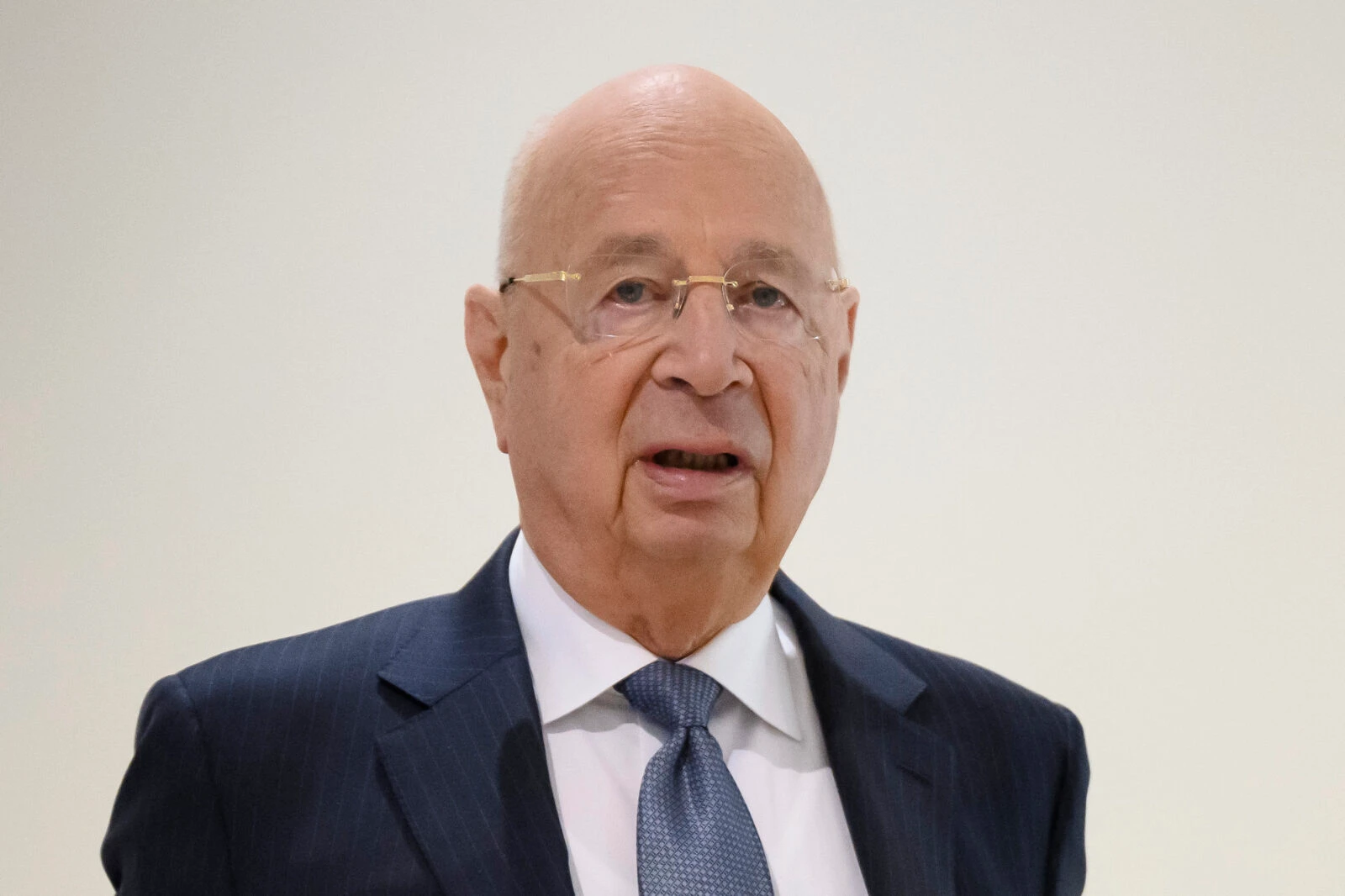Davos founder Klaus Schwab steps down from board, citing age
 (FILES) World Economic Forum founder and chairman Klaus Schwab attends a session during the World Economic Forum (WEF) annual meeting in Davos on January 21, 2025. World Economic Forum said on April 21, 2025 that founder Klaus Schwab, 87, stepped down from board. (Photo by FABRICE COFFRINI / AFP)
(FILES) World Economic Forum founder and chairman Klaus Schwab attends a session during the World Economic Forum (WEF) annual meeting in Davos on January 21, 2025. World Economic Forum said on April 21, 2025 that founder Klaus Schwab, 87, stepped down from board. (Photo by FABRICE COFFRINI / AFP)
The World Economic Forum (WEF) announced Monday that its founder, Klaus Schwab, has stepped down from its board, signaling a pivotal moment of leadership change within the organization famous for its annual summit of influential global figures in Davos, Switzerland.
In a message to the WEF board, Schwab stated, “As I approach my 88th birthday, I have decided to step down immediately as chair and from the Board of Trustees.” Schwab had already transitioned away from daily management duties last year, passing executive responsibilities to former Norwegian Foreign Minister Borge Brende.

Peter Brabeck-Letmathe, currently vice chairman, has assumed the role of interim board chairman while a dedicated committee seeks Schwab’s permanent successor. Schwab’s tenure, spanning over five decades, was lauded by the WEF board as transformative and instrumental in shaping dialogues on pressing global issues.
Schwab’s legacy at WEF
Born in Ravensburg, Germany, in 1938, Schwab founded what was initially the European Management Forum in 1971, expanding it from modest beginnings to an influential international platform attended by thousands of global leaders from politics, business, academia, and civil society.
Under Schwab’s guidance, the Davos meetings evolved into critical venues for addressing global challenges such as cybersecurity threats, climate change, energy sustainability, and financial system stability. Despite its declared goal of fostering international collaboration, the forum has also faced scrutiny for allegedly providing privileged access to powerful corporate interests.
In recent years, Schwab and the WEF have become frequent subjects of conspiracy theories, especially following the forum’s “Great Reset” initiative during the COVID-19 pandemic.
These theories, widely disseminated online, have accused Schwab and the WEF of pursuing secret global agendas. However, the WEF has consistently dismissed these claims as baseless.



